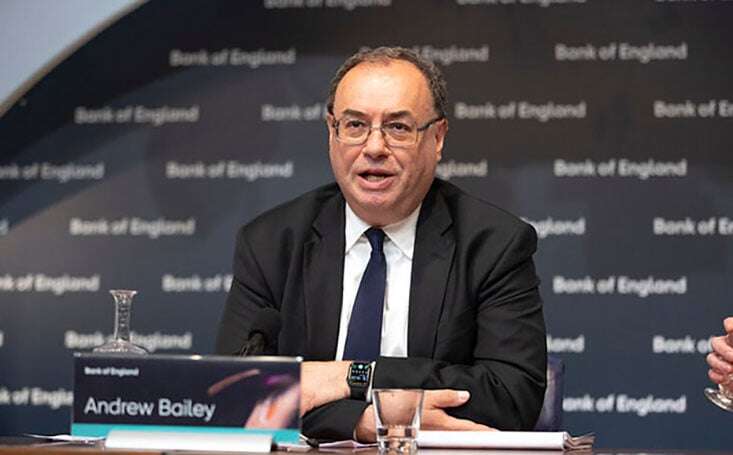From new safety requirements to pets, here are 6 things to watch out for as a landlord this year.
New safety requirements
In a bid to improve tenant safety, the government will require landlords to demonstrate that any electrical installations, such as wiring and electrical sockets, have been tested by a qualified electrician.
Landlords already need to have an Electrical Installation Condition Report for every property they own for new tenancies, and by 1 April 2021, they will also need to have one for existing tenancies.
Inspections will then need to be carried out at least every five years and the tenants given a copy of the report within 28 days of it being issued.
Stamp duty holiday ends
Investors thinking of expanding their property portfolios have until 31 March 2021 to take advantage of the stamp duty holiday.
While those buying properties before this date are still liable for the 3% stamp duty surcharge on additional homes, they are exempted from paying basic stamp duty on homes up to £500,000.
When the stamp duty holiday ends, normal stamp duty land tax obligations on properties above £125,000 will resume, paid in addition to the stamp duty surcharge.
Tax changes
The 2020/21 tax year saw some big tax changes introduced for landlords.
Mortgage interest tax relief was completely phased out and replaced with a 20% tax credit for mortgage interest, which was less generous than the previous system for higher rate taxpayers.
Although the change came into force on 6 April 2020, its impact will only be felt from April 2021, as most landlords pay income tax through self-assessment, which is only completed once the relevant tax year has ended.
Right to have a pet
Landlords could lose their right to have a ‘no pets clause’ in their rental agreements in 2021, as the Dogs and Domestic Animals Bill continues to work its way through Parliament.
The bill, which is due to have its second reading on 5 February 2021, gives people the right to keep dogs and other animals in rented accommodation as long as they are a responsible owner.
While it is currently unclear when the bill may come into force, as it still has several stages to go through, it is definitely one to watch.
Renters’ Reform Bill
The introduction of the Renters’ Reform Bill has been delayed due to the Covid-19 pandemic, with Housing Minister Christopher Pincher saying it will only be taken forward when the urgency of responding to the pandemic has passed.
As a result, it’s hard to say if it will resume its progress through Parliament in 2021, but if it does come into force, it will have a wide-ranging impact on landlords.
Measures in the bill, which only applies to England, include ending landlords’ ability to evict tenants without a good reason (through the scrapping of section 21 evictions), giving landlords more rights to remove tenants if they have a valid reason and introducing a lifetime deposit scheme and enabling tenants to transfer their deposit from one property to another.
Digital tax accounts
Investment landlords with VAT-registered businesses that generate a turnover of more than £85,000 are already required to have a digital tax account, as part of HM Revenue & Customs’ (HMRC) Making Tax Digital initiative.
From April 2022, all businesses, regardless of their turnover, will have to follow the Making Tax Digital rules. The rules will require landlords to send HMRC quarterly updates on their income and expenses through their digital accounts, rather than completing an annual tax return, meaning they have 2021 to gear up for the change.
Landlords who have not registered their properties as a business but earn income of more than £10,000 a year from rent will have to comply with the rules from 6 April 2023.





